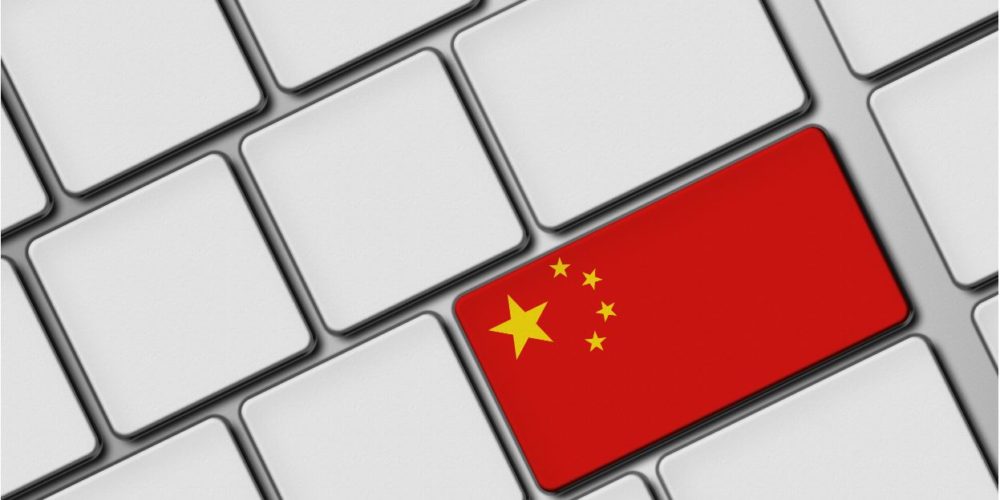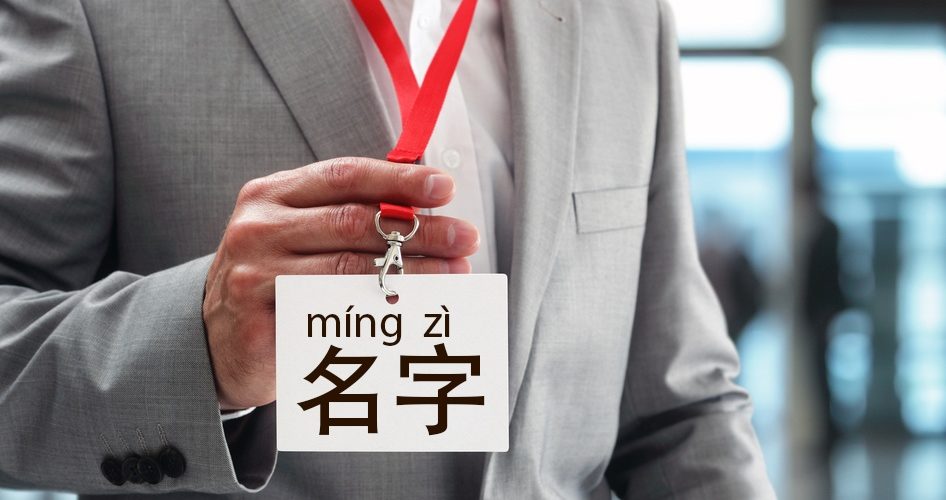I wrote this white paper length article about how dangerously far down the road of transhumanism experimentation we are. The implications for constitutional and human rights are manifold; this issue directly affects the freedom and free will of every human being on planet earth. The published piece contains whistleblower testimony from former CIA, FBI, NSA, MI5, and MI6 intelligence officers, as well as from security specialist contractors. It details how illegal targeting programs have violated Fourth, Fifth, Sixth, Eighth, and Fourteen Amendment rights, in addition to the Nuremberg Code, which guarantees against non-consensual human experimentation. I provide a mountain of technical evidence and testimony that proves that electronic torture is not only real, but also the biggest conceivable threat to freedom in the present day.
A copy of this article is archived here: http://archive.today/2024.10.04-221925/https://patrickkim.substack.com/p/targeting-proof










